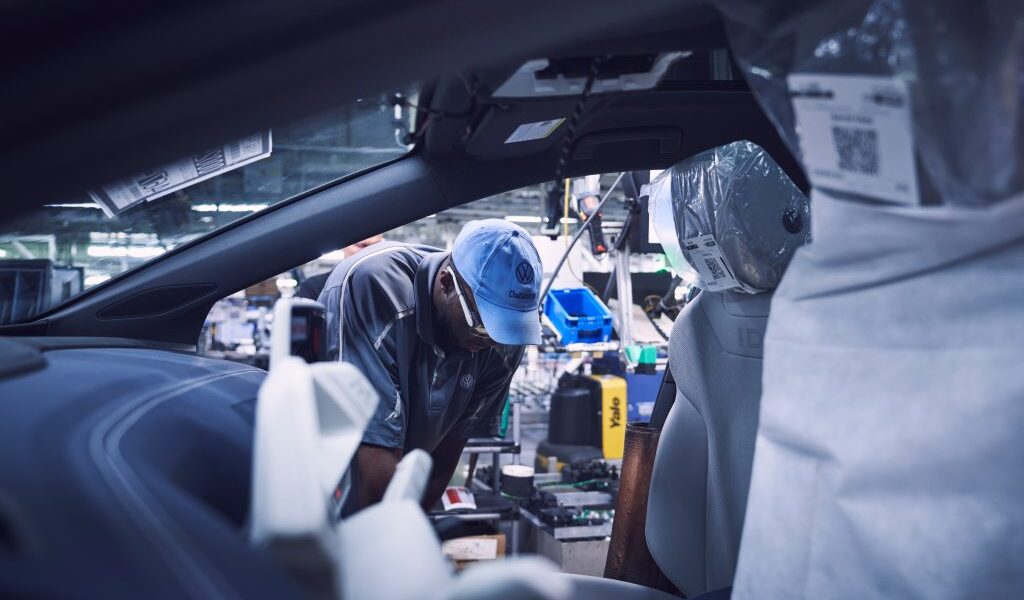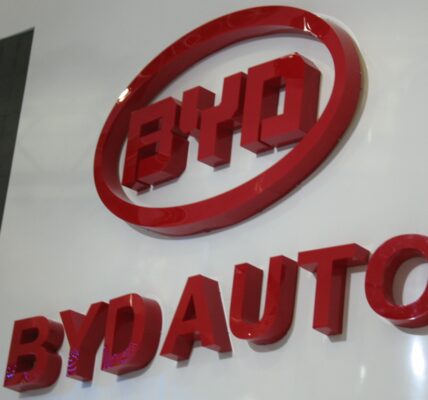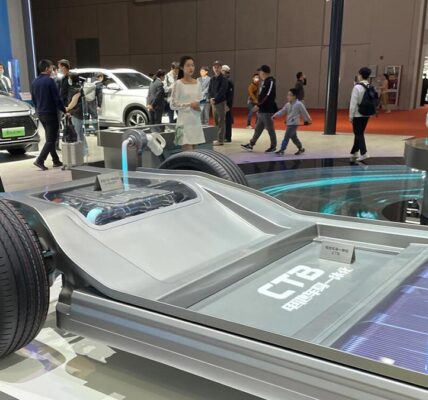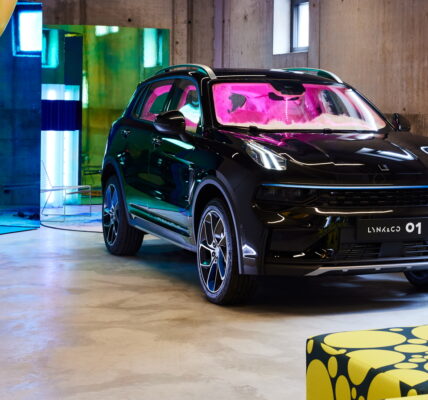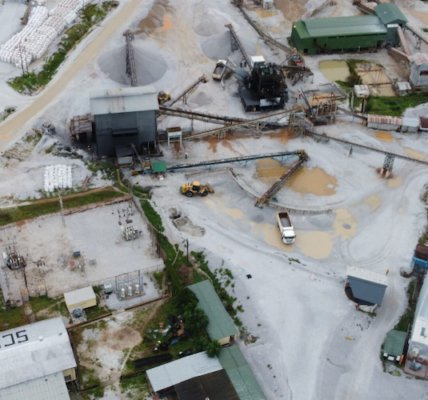The US government has released guidance that will make it harder for EVs to qualify for the full $7,500 tax credit if their batteries contain Chinese components or minerals.
New guidance for EV tax credits
A couple of days ago, Electrek reported that the US government was reportedly discussing granting automakers a temporary reprieve from the proposed restrictions on EVs containing Chinese battery parts or minerals – but that did not materialize.
Under the excluded entity restriction, vehicles are not eligible for the clean vehicle credit if the battery contains battery components manufactured or assembled or applicable critical minerals extracted, processed, or recycled by a foreign entity of concern (FEOC).
An FEOC is a company that’s owned or controlled by a named foreign government – that is, China, North Korea, Russia, and Iran. So, of course, the US government is talking about China in this case. A company will also be ineligible if it exceeds a 25% FEOC ownership threshold.
The US still depends heavily on Chinese battery components and minerals as it ramps up its own production. Today’s guidance, which was expected as it’s required by the Bipartisan Infrastructure Law and the Inflation Reduction Act, is designed to spur domestic manufacturing further and thus strengthen US supply chains.
Albert Gore, executive director of the Zero Emission Transportation Association, said about today’s announcement in a statement:
The past few years have seen record investment in the EV supply chain… Today’s announcement supports those investments, ensuring that the most valuable parts of the supply chain are manufactured in the United States, creating good-paying American jobs and fortifying national security along the way.
The rules come into effect in 2024 for completed batteries, and from 2025, EVs placed in service must not have batteries containing critical minerals “extracted, processed, or recycled” by an FEOC.


